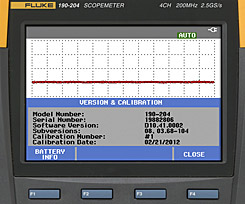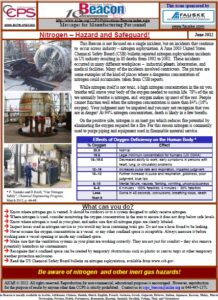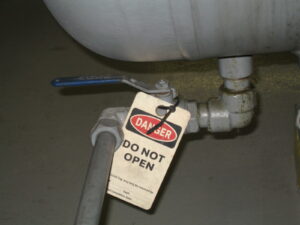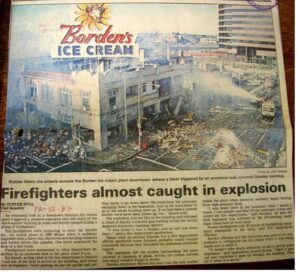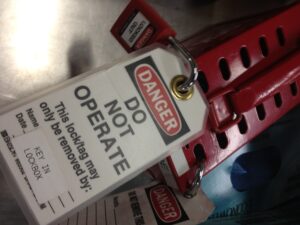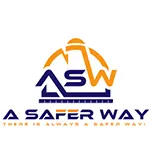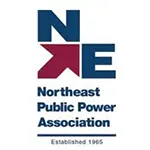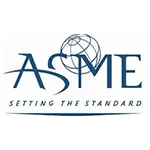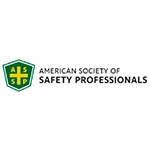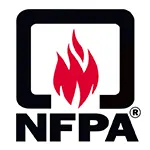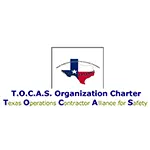CLICK HERE to Renew your Membership
CLICK HERE for a NEW Membership
CLICK HERE to see eligibility requirements for FREE Membership
If you have any questions, please contact me
We offer:
- Over 17,600 categorized unsafe acts/conditions and accident/injury photos
- Over 1,450 ppt's & doc's
- Over 3,975 technical articles on Process Safety & Occupational Safety & Health matters
- Over 450 videos

I am proud to announce that have extended our”Partners in Safety” agreement for another year (2025).
CI Members, send me an e-mail to request your FREE SAFTENG membership.





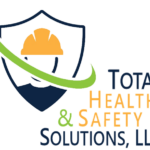





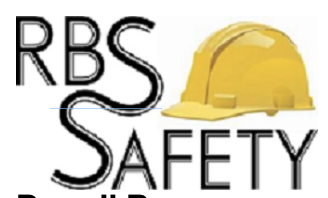

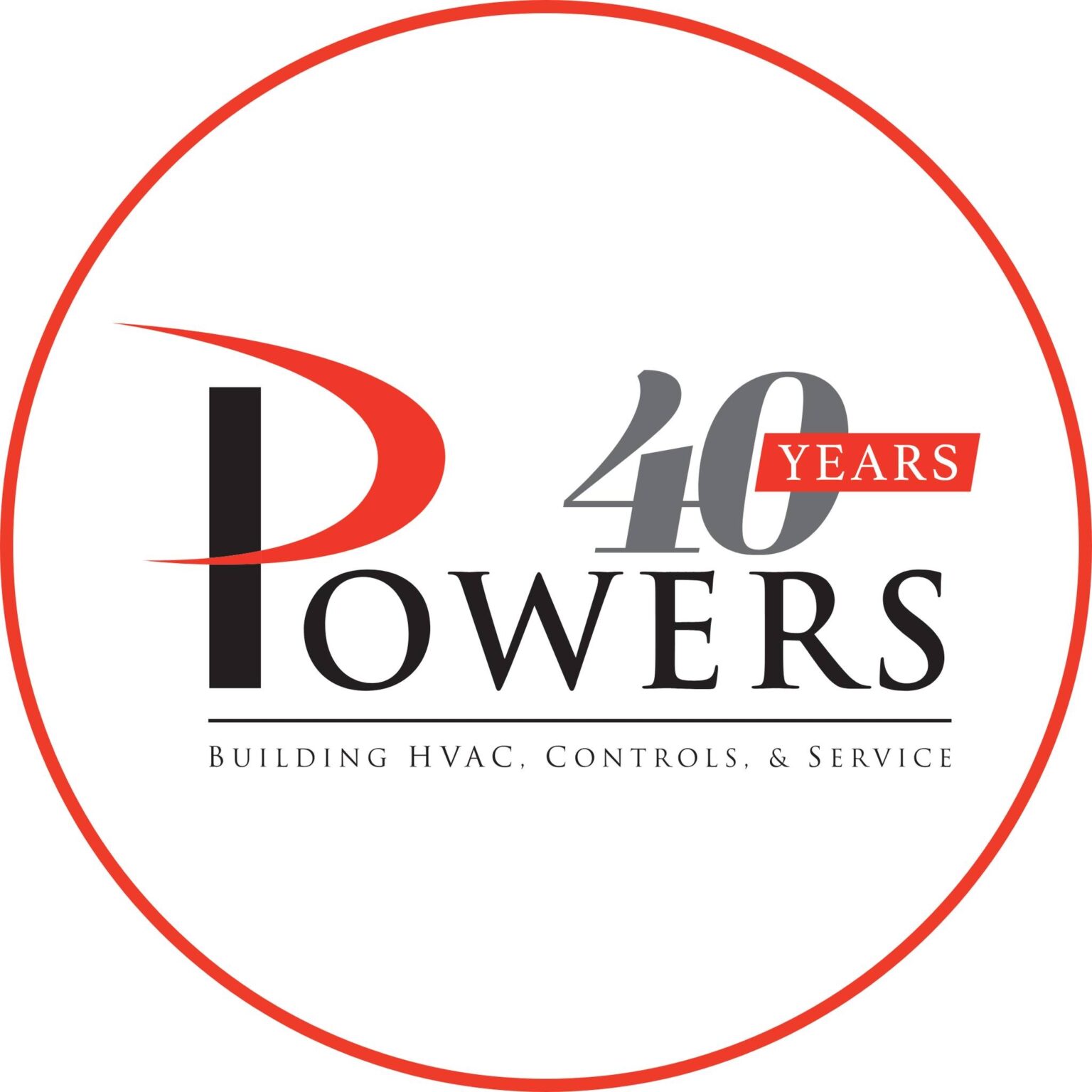
June 4, 2012
Intended for those EH&S professionals responsible for conducting or working in a successful hearing conservation program within their organization, this webinar is designed to give an overview of hearing conservation program management. Topics will include an examination of different hearing conservation program components including regulatory guidance, noise hazard identification and control,...
Read More
June 4, 2012
Dear Fluke Customer:
Fluke is voluntarily recalling its 190 Series ScopeMeter®100MHz and 200MHz 4 Channel Hand Held Oscilloscopes that contain firmware version V10.40. This includes all units manufactured after February 5, 2012 and all units upgraded to firmware version V10.40 after February 5, 2012.
…
HomeRead More »
Read More
June 4, 2012
MANY THANKS to my NEW & RENEWING “Partners in Safety” for their support! since 2012 since 2008 formerly Beta Steel since 2006 since 2012 2012 Fatality Tracker Electrical 35 (2011 = 81) (2010 = 90) (2009 = 100) Forklift/Manlift Mobile Equipment 28 (2011 = 84) (2010 = 110) (2009 = 88) Mining 34 (2011 = 248) (2010 = 480) (2009 = 586) Explosions 94 (2011 = 218) (2010 = 246) (2009 = 302)...
Read More
June 3, 2012
On September 9, 2009, OSHA issued a final rule which revised and updated Personal Protection Equipment (PPE) standards to be more consistent with the current consensus standards regarding good industry practices, as reflected by the latest editions of the pertinent American National Standards Institute (ANSI) standards at the time (74 Fed. Reg. 46350-46361). The rule provided guidance for the selection...
Read More
June 1, 2012
MANY THANKS to my NEW & RENEWING “Partners in Safety” for their support! since 2012 since 2008 formerly Beta Steel since 2006 since 2012 2012 Fatality Tracker Electrical 35 (2011 = 81) (2010 = 90) (2009 = 100) Forklift/Manlift Mobile Equipment 26 (2011 = 84) (2010 = 110) (2009 = 88) Mining 34 (2011 = 248) (2010 = 480) (2009 = 586) Explosions 92 (2011 = 218) (2010 = 246) (2009...
Read More
May 31, 2012
Is an ammonia condenser a PRCS? Some excellent videos show us the outside and inside of an ammonia condenser. Almost all of these condensers will have a similar configuration/design, although some of the newer units have guards inside that separate us from the fan blades. However, with no internal guard separating us from the fan, this space is a WITHOUT a DOUBT a PRCS!...
Read More
May 28, 2012
MANY THANKS to my NEW & RENEWING “Partners in Safety” for their support! since 2008 formerly Beta Steel since 2006 since 2012 2012 Fatality Tracker Electrical 35 (2011 = 81) (2010 = 90) (2009 = 100) Forklift/Manlift Mobile Equipment 25 (2011 = 84) (2010 = 110) (2009 = 88) Mining 34 (2011 = 248) (2010 = 480) (2009 = 586) Explosions 92 (2011 = 218) (2010 = 246) (2009 = 302) Cranes 18...
Read More
May 28, 2012
Ammonia Explosion, Mississippi Leaking ammonia ignited by a gas-fired unit heater exploded at this milk-processing, ice-cream manufacturing plant. The explosion occurred in a one-story packaging warehouse. The building was constructed of concrete blocks with a roof system of cement fiberboard on steel joists and steel columns. There was no automatic sprinkler protection. At approximately...
Read More


